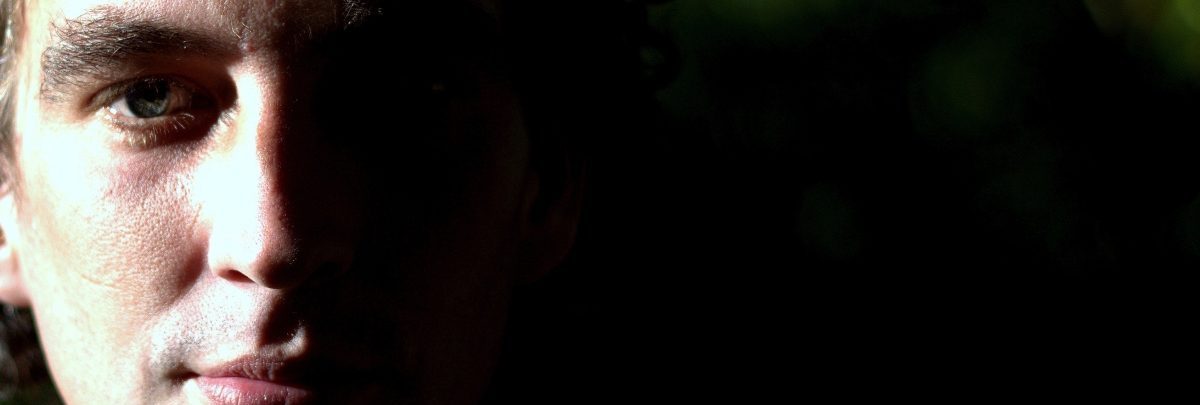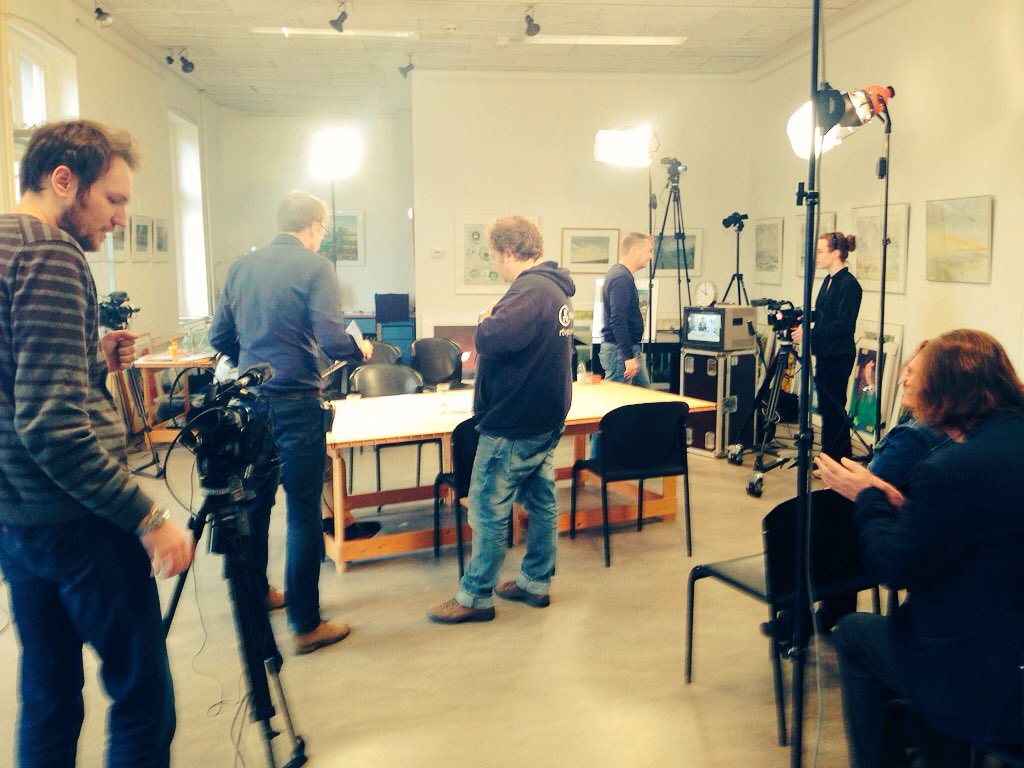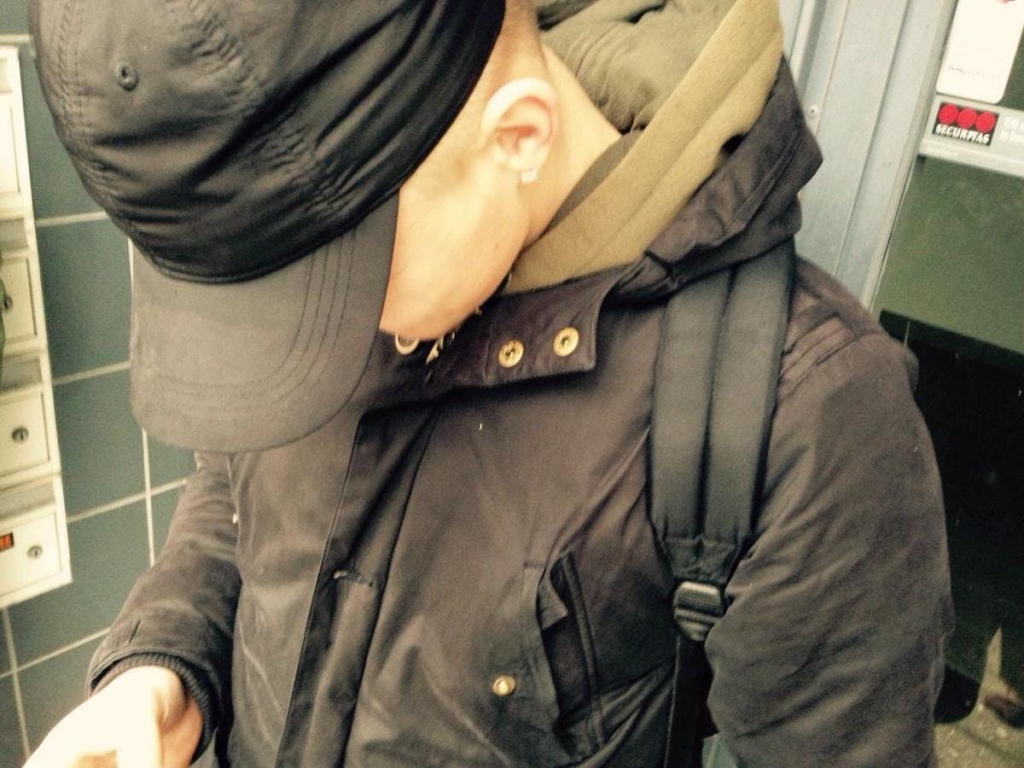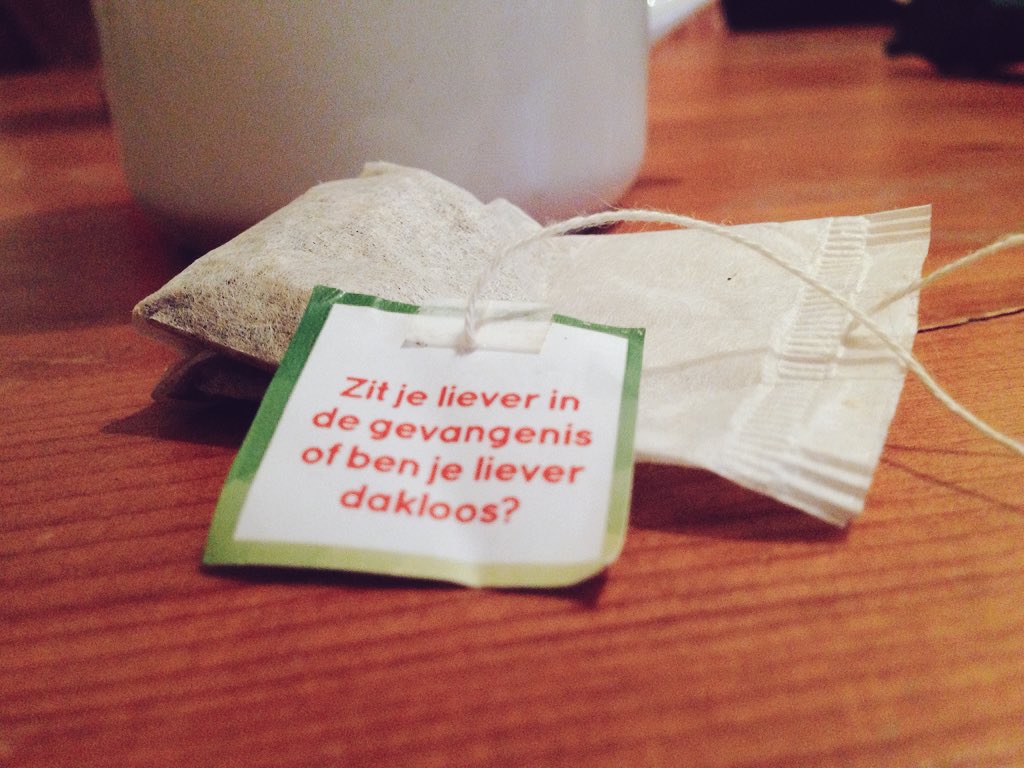
It is cold as I walk from the shelter toward the Albert Heijn supermarket. The almost regular rhythm - getting a free cup of coffee at the supermarket - is beginning to irritate me. As I walk on, I begin to feel frustrated about the setbacks of the past few days. After two months in the night shelter I finally had my first intake interview for social assistance and assisted living, but it didn't really work out.
10-year-old documents
A few days after the intake, I called the staff member only because she had not kept a call appointment about the outcome of the intake. 'Ah! Michel, that's a coincidence I was just about to call you.' I just didn't respond to it. She managed to tell me that the counselors had decided not to put me on the eight-month long waiting list for assisted living yet. Before considering that further, they wanted to request my psychological reports from ten years ago. After some discussion and consideration, I called her back to let her know that I was quite willing to have a new examination done, but that a report from ten years ago seemed irrelevant to me in deciding whether or not I was entitled to help. She disagreed with my opinion and saw it as obstruction of the investigation. I knew what she meant by that: it reduced my chances of getting help. I wondered how many of my peers would simply sign off on irrelevant documents or might not have a chance for help thanks to refusing them.
My university graduate fellow sufferer
He was almost about to slam into a brick wall out of frustration before I stopped him. 'I've had it with everyone Michel! Why is everyone being helped and I'm not.' My university-educated Moroccan fellow sufferer had been in the night shelter for over a year and was nearing rescue; one wrong move by another had been enough to turn it into an argument.
For over a year he has been trying to get a place, daily cramming his head so full of the delusion of the day that he doesn't even think about the further future. With a college degree and a barber's degree under his belt, there should be plenty of opportunities for him, but he neither sees them nor grasps them. Every Monday and Thursday he faithfully goes to the shelter office to reserve his bed for the following days, a week later the same story.
He is not alone, I see in many of my peers that they fill their days with the delusion of the day and therefore don't allow themselves space to look further into the next days. 'Incentives' is what they call it in policy terms, assuming one's own strengths.
My municipality, Purmerend
In Purmerend, where I've been living as a homeless person for the past few months, you don't have to expect to actually get immediate help in the first six months after you apply for help. Capacity problems and policy choices keep that from happening. The almost standard rule is that in Purmerend you can only come in for your first intake interview after two months, during which they will determine whether or not you are entitled to help. If you're lucky, they'll put you on a waiting list, from which, after eight to 10 months, you'll receive a notice that you'll get a temporary room. Until then, you have to rely on the night shelter, where there is not always room.
If you eventually get a room, you are welcome for a maximum of eight months. If you don't manage to get your feet on the ground in those eight months, you have to get out of your little room again and have to reapply for emergency shelter. An unholy road that I have seen several people follow and it is agonizing.
The municipality is responsible
The responsibility for social care lies with the municipality. Each municipality therefore also varies in how the shelter is arranged, but from many of the municipalities I get equally dismal reports.
In Purmerend, the town council has decided to give a sizable bag of money to an organization each year to "the Purmerend shelter. By doing so, they leave full responsibility to an organization. When things become politically sensitive, the town council deposits some additional money into the shelter's account, as happened at the end of last year. Then, after a difficult refugee debate, the city council transferred 175,000 euros extra for a cup of excuse-coffee by extending the opening hours of the daycare by a few hours a day. No shortage of money, no shortage of vision on the other hand.
The turnover value of a homeless person
In Purmerend, the turnover value of social care is almost 1.8 million. 1.3 of this comes from municipal subsidies, the rest largely from the homeless themselves. Of that 1.3 million, 1.1 million goes to the wage costs of shelter staff.
Fortunately, politicians are on the same page, they all want a solution to the homeless problem. And rightly so, instead of being ashamed of the homeless in our municipality, for less money we can be proud of being a homeless municipality.
Over the past few weeks, I have been walking down various city council groups to share experiences of homeless life, and full of compassionate advice from various council members, wanted and unwanted. I am fortunate, next Tuesday I will have the opportunity to get homelessness policy on the agenda of my city council. Hopefully, for a number of people in this small municipality, something will change then. Because deferring responsibility doesn't mean we can't take matters into our own hands.
I am lucky
As an exception, me and a fellow homeless person are getting the key to our apartment at the end of the month. My hero of a case manager had to work hard with others to get this done. One of a homeless person's problems is getting housing. The waiting time for housing through housing authorities is eighteen years, private rent often requires a large deposit and an identifiable (high) income. All things the average homeless person cannot meet. But it can be done. So me and my fellow homeless person will soon rent a condo together, the shared cost of the condo will soon be less than the monthly expenses we now have in paying for night shelter and the homeless deduction from welfare.
Why couldn't this be done for others? I was thinking the other day whether it wouldn't be nice to organize a crowdfunding for living years. Purmeren residents with more than enough living years could donate their living years to someone who lacks living years and is in an urgent situation. Surely something like that could be organized?
Crowdfunding
My past is my problem. Two unfinished college studies and a prison sentence don't help with getting me through the first rounds of job interviews; a good story, on the other hand, provides my life in the meantime. So I was thinking: why not crowdfund my first book. A book about a boy's life from Texas prison, through the ghettos of Caracas to the streets of Purmerend. If enough people want to buy my book in advance, I won't be idle anymore and I promise you a beautiful book as a result. Will you join me?











